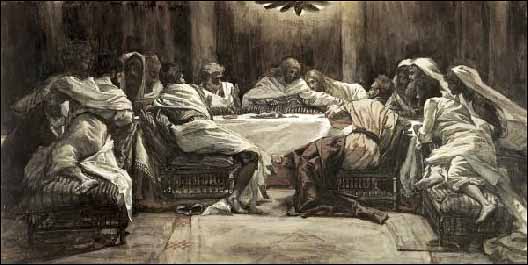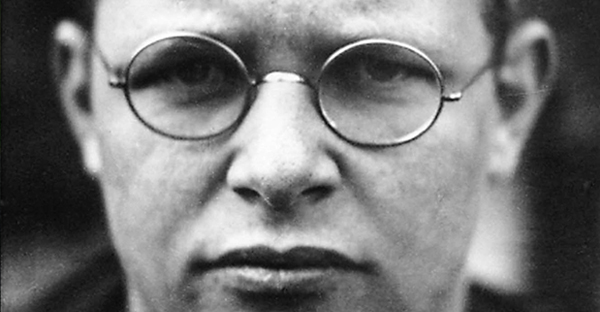
Christ-Centered Servants
Christ Jesus, who, though he was in the form of God, did not count equality with God a thing to be grasped, but made himself nothing, taking the form of a servant.
Phil. 2:5-7
A servant is a man or woman who freely and willingly lays down their rights, needs, and desires for the purpose of helping other men and women achieve their hopes and dreams. Christ-centered servants put others first for they trust that Christ can and will meet all their needs and fulfill their heart’s desires (Matt. 6:33).
Why would anyone want to yield his or her goals for another friend, relative, or even enemy? Our supreme example, Jesus, set aside his status in heaven in order that through his incarnation, death, and resurrection, we could have a relationship with our heavenly Father (Phil. 2:5-7).
What motivates servants? Servants are compelled to please their Lord (2 Cor. 5:9). Jesus is the Suffering Servant who took our place and received our just condemnation (Isa. 53:5). Servants love Jesus for his great sacrificial love loved them when they were so very unlovely (Rom. 5:8). Therefore, Christ-centered servants want to serve like Jesus: unconditionally giving love and blessing to others (Mark 10:45).
We shall see more clearly our calling when we understand that we are servants of One who was Himself willing to be a servant.
How do Christ-centered servants serve? We serve out heart gladness knowing that his grace enables us to lay down our lives for others. Christ-centered servants serve unselfishly: their hearts have been transformed by the Cross. Christ-centered servants desire to work for things that will last for eternity. For that reason, they choose a life of service without hesitation or equivocation. They live not for money, sex, and power, but for God, his people, and his kingdom (2 Cor. 5:14-15).
When do servants serve? Servants do not wait to be seen. They give of themselves without concern for praise or attention.
Where do God’s servants serve? They serve anywhere. Christ-centered servants are not concerned about formal ministry positions: they overflow with the life of Jesus wherever the Lord places them.
This, then, is the Way of the Cross. It is the way that God’s lowly Bondservant first trod for us, and should not we, the bondservants of that Bondservant, tread it still? Does it seem hard and forbidding, this way down? Be assured, it is the only way up. It was the way by which the Lord Jesus reached the Throne, and it is the way by which we, too, reach the place of spiritual power, authority and fruitfulness. Those who tread this path are radiant, happy souls, overflowing with the life of their Lord.
Roy Hession, The Calvary Road (Fort Washington, PA: Christian Literature Crusade, 1950), 94.
Servants serve because that is what servants do. Servants do not worry about being used because they know that the Lord is their protector. Servants know that God is always watching. Servants believe that God sees their efforts and will honor their work. Christ-centered servants live to hear these words, “Well done, good and faithful servant” (Matt. 25:21, 23). Servants do not condemn others for not serving: they know that except for God’s great grace, they would be self-absorbed, too. Servants want to be the hands and feet of Jesus in this world.
Servants live lives of joy and fulfillment. The Lord refreshes their spirits and they live for the joy of basking in his pleasure.
Oh Lord, help us to serve as you served: willingly, unselfishly, and graciously.
From his incarnation to his reign at the Father’s right hand, Jesus is not only the Lord who became the servant, but the servant who is Lord and continues even in this exalted state to serve his Father’s will and his people’s good. From eternity to eternity, he offers his ‘Here I am’ to the Father on behalf of those who have gone their own way. For now, Christ reigns in grace; when he returns in judgment and vindication, his kingdom will be consummated in everlasting glory.
Michael Horton, The Christian Faith (Grand Rapids, MI: Zondervan, 2011), 533.
HT: Of First Importance








